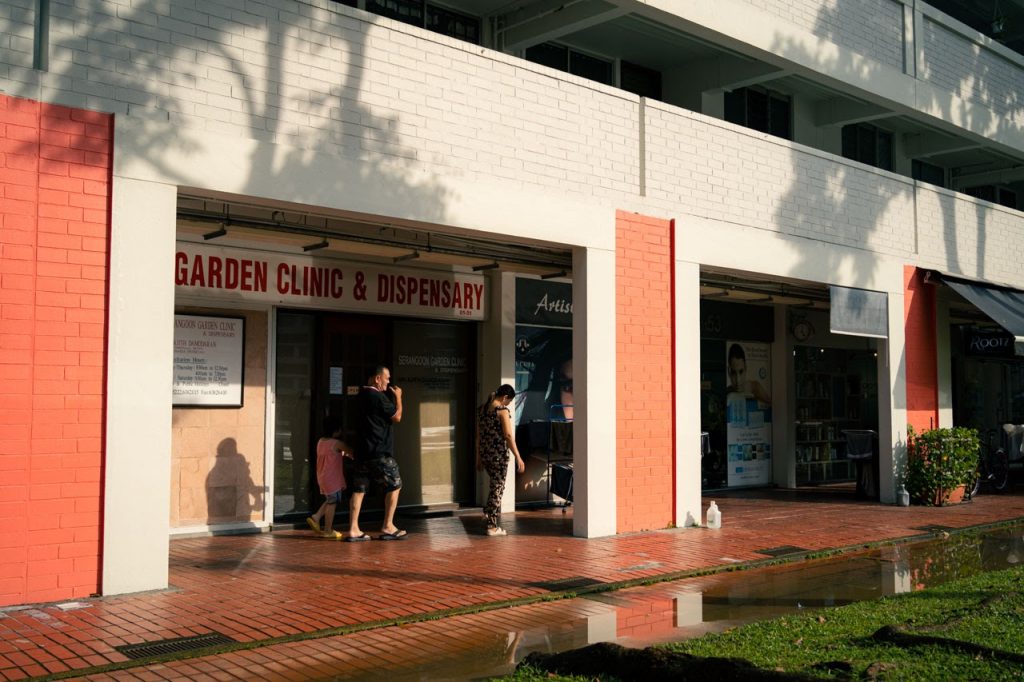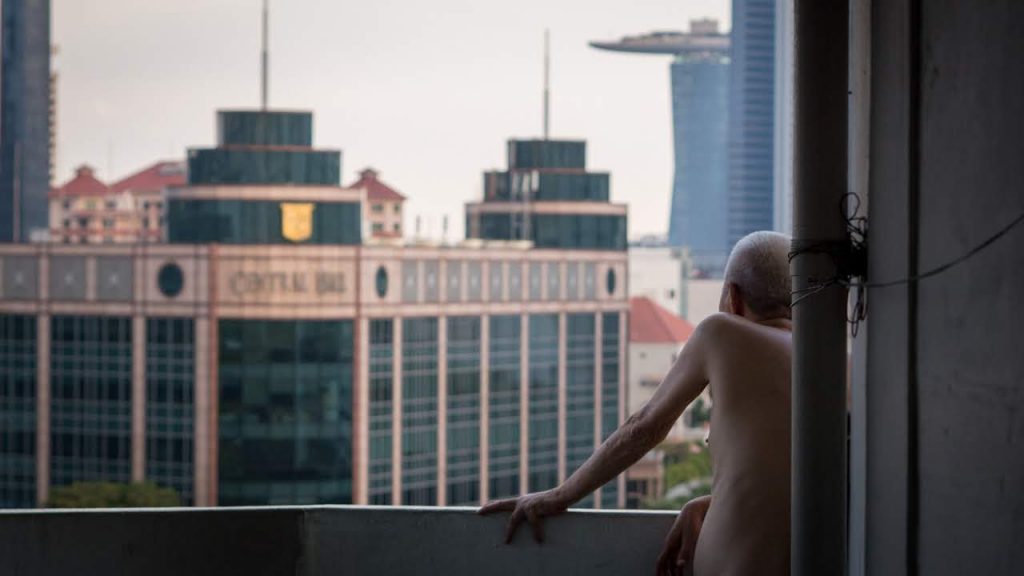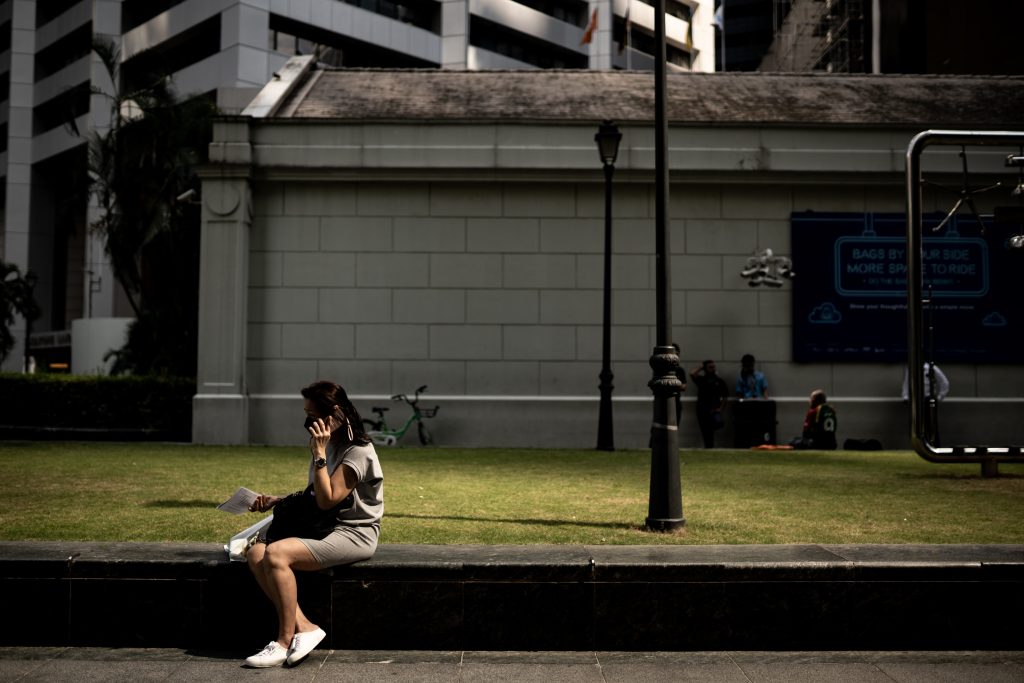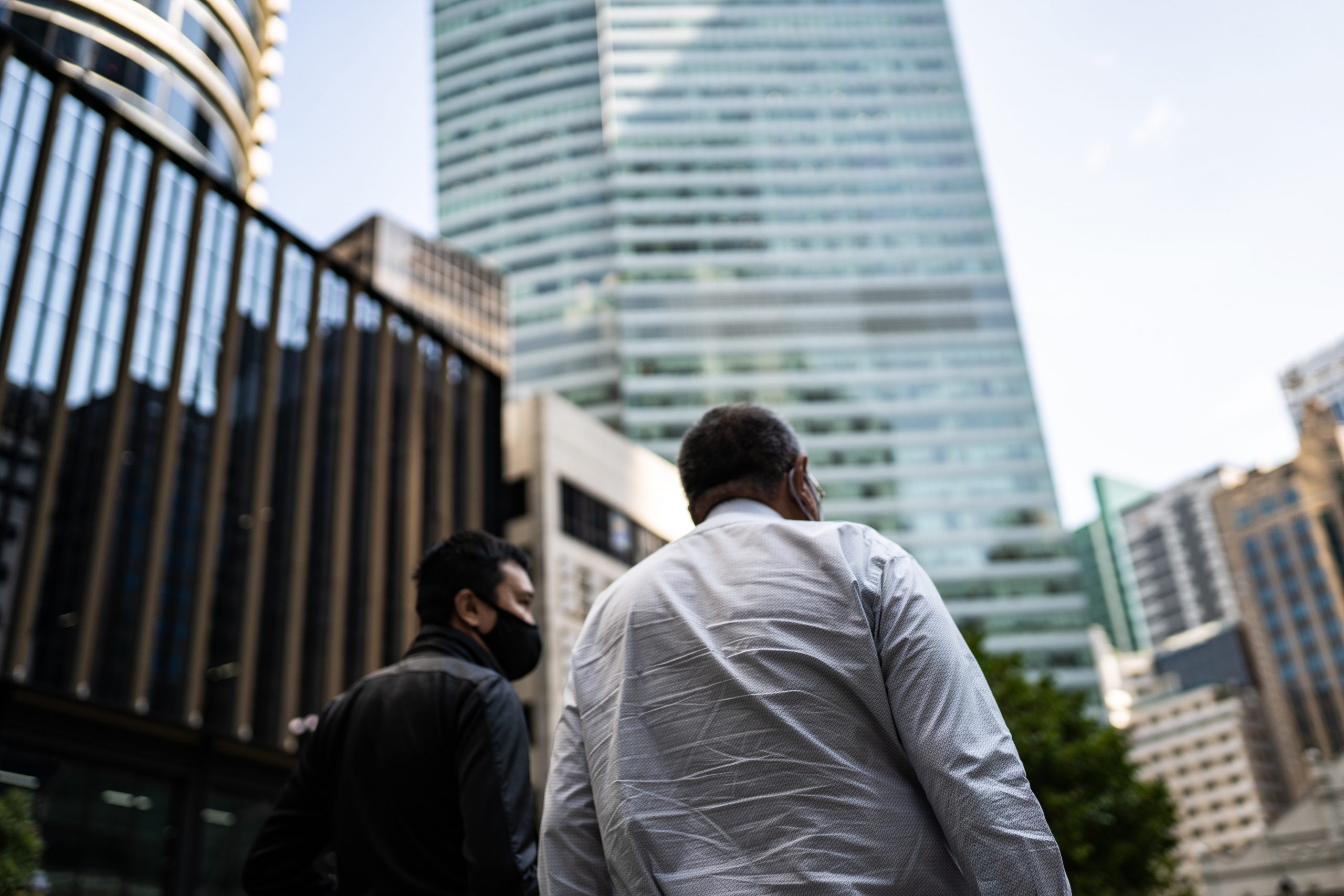Top Image: Tey Liang Jin / RICE File Photo
We passionately squabble over east side versus west side, the best spot for chicken rice, or the most underrated hawker centre. But when it comes to second-guessing before ordering fish for cai png, most Singaporeans are in the same boat.
We didn’t need a survey from The Economist to confirm that living here isn’t cheap. But once again, we snagged the title of the world’s most expensive city in the British publication’s annual Worldwide Cost of Living (WCOL) survey.
ADVERTISEMENT
The Economist Intelligence Unit compares the living expenses of 173 of the world’s major cities by looking at the prices of over 200 products and services. This ranges from the basic (food, transport, rent, and utilities) to the bougie (private schools and domestic help).
It’s the ninth time we’ve claimed this dubious honour in the last 11 years. According to the survey, at least, our cost of living is tied with Zurich, Switzerland. And we’re more expensive than New York (3rd) and Hong Kong (5th).
In between sips of our kopi which we swear used to be cheaper, we might begrudgingly acknowledge that The Economist is onto something. But that doesn’t mean that everyone is on the same page. Clearly, this common consensus isn’t shared by the government.
A response released by the Ministry of Trade and Industry (MTI) asserted that EIU’s survey “may not reflect the cost of living for Singaporeans”.
Their arguments are three-pronged:
a) The survey is designed to calculate cost-of-living allowances for expatriates and business travellers
b) The consumption basket used does not reflect what Singaporeans typically consume
c) The conversion of prices to US dollars contributed to Singapore’s higher ranking.
MTI also made sure to underscore all the ways the government is helping Singaporeans manage rising costs.
In other words, Singapore’s only expensive if you want to lead a certain lifestyle. Low-income Singaporeans do get help.

I’m Not Expensive, You Are
While the MTI’s concerns with the survey do hold some weight, what’s raising our eyebrows isn’t the alleged inaccuracies of the EIU’s survey. It’s the fact that MTI responded strongly.
ADVERTISEMENT
Don’t get us wrong, MTI does raise some valid points.
For instance, they pointed out that the basket of goods and services tracked in the EIU’s study includes items such as branded raincoats and foreign daily newspapers—items that average Singaporeans don’t typically consume.
Granted, the EIU’s ranking might have a few chinks in its armour. But the very act of dedicating a lengthy, official exposition to refute pointers in the EIU’s survey does come across as super defensive. Confrontational, even.
Maybe the consumer basket does have a couple of items among the 200 products and services that don’t apply to Singaporeans. But poking holes in survey methodology doesn’t change the fact that Singapore is generally a pretty expensive place to live in. You don’t have to do a global survey to confirm this. Just ask the people actually living in the country.
(Which local researchers did for the 2023 Minimum Income Study, outlining the income families need for a basic standard of living in Singapore. The government was also quick to rebut that.)
It’s even more amusing when we realise that Singapore might be the only city on the list scrambling to explain itself. Other cities on the top end of the list (Zurich, Los Angeles, New York, etc.) aren’t exactly feeling the heat to release any clarification or refute the findings.
This isn’t our debut on the ‘expensive city list’ after all; we’ve been to this rodeo nine times in the last 11 years. After a decade at this juncture, we’ve all accepted Singapore as a pricey urban haven, regardless if you’re an expat or not. So, why is the government so fervently maintaining that it isn’t?
The easy answer is that the government wants Singaporeans and foreign entities to get the facts straight, which is valid. It’s undeniable that any public report even remotely alluding to our cost of living immediately becomes the talk of the town. Singaporeans flock to these reports to confirm their feelings about being financially squished.
We can’t dismiss this fact. But we also can’t dismiss that this gravitation pull means something. And evidently, our constant complaints about the rising cost of living hold monumental weight for the government. In a nation where political points are tied closely to evaluations of economic performance, keeping that economic engine well-oiled is crucial for public vote of confidence.
And then there’s the fact that rising costs are no joke for most of us. Branding Singapore as the most expensive city might make a sensational headline, but the direct impact is increased anxiety among those already struggling to survive. Understandably, the government would want to temper any chances of people taking the EIU ranking out of context.

The Tipping Point
Naturally, the rebuttal isn’t winning any popularity contests.
Some Reddit comments branded it as ‘gaslighting’, while others retaliated with elaborate scepticism against the government’s breakdown of the survey methodology.
The comments might be harsh. Can we really blame them?
Whether corroborated or not, it’s hard to deny that mounting financial worries are at the forefront of Singaporeans’ minds. For the average Singaporean, quibbles about the inflation rate and cost of living are perpetual and omnipresent. But what seems to get under their skin is any attempt to control the narrative.
For those wrestling with the slow uptick in costs of food and other daily necessities, the focus on semantics, splitting hairs, and making sure things are framed correctly feels distasteful.
It’s true that the government’s response isn’t factually wrong. But nitty-gritty details and mathematical calculations aren’t the crux of the matter here.

Just Own It
The stark reality for the average Singaporean is the mounting challenge to thrive (or even survive) in the city they call home. Statistics aside, Singaporeans know that they’re facing or will face a hard time.
We are reminded of our rising expenses at any given moment—be it that $2 cup of Kopi-o, the tap of our cards at MRT gantries, or the shock we get each month for utility bills. We didn’t need an EIU survey to prove that our wallets are on a perpetual diet.
It’s already common knowledge that this city isn’t the place to be if you’re looking for a respite for your bank accounts. That’s precisely why so many of us make pilgrimages to neighbouring Johor Bahru for everything, from groceries to petrol to haircuts.
When the optics involve something as grave as their livelihoods, it’s no wonder that the MTI’s response triggered a wave of public indignation.
It’s plain from Singaporeans’ reactions that they aren’t in the market for platitudes—we don’t need sugar-coated reassurances about the affordability of our city. Nor do we necessarily need to be taught how to read survey results.
Perhaps what Singaporeans truly crave for catharsis is a clear recognition and plain speak. No beating around the bush or deflections.
Yes, Singapore is expensive. Yes, Singapore can be an expensive city to live in. Now that we’ve accepted it, what’s next?






